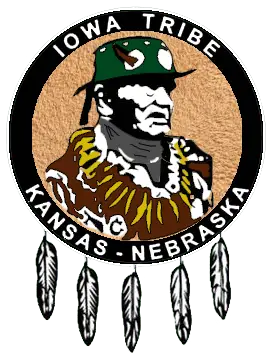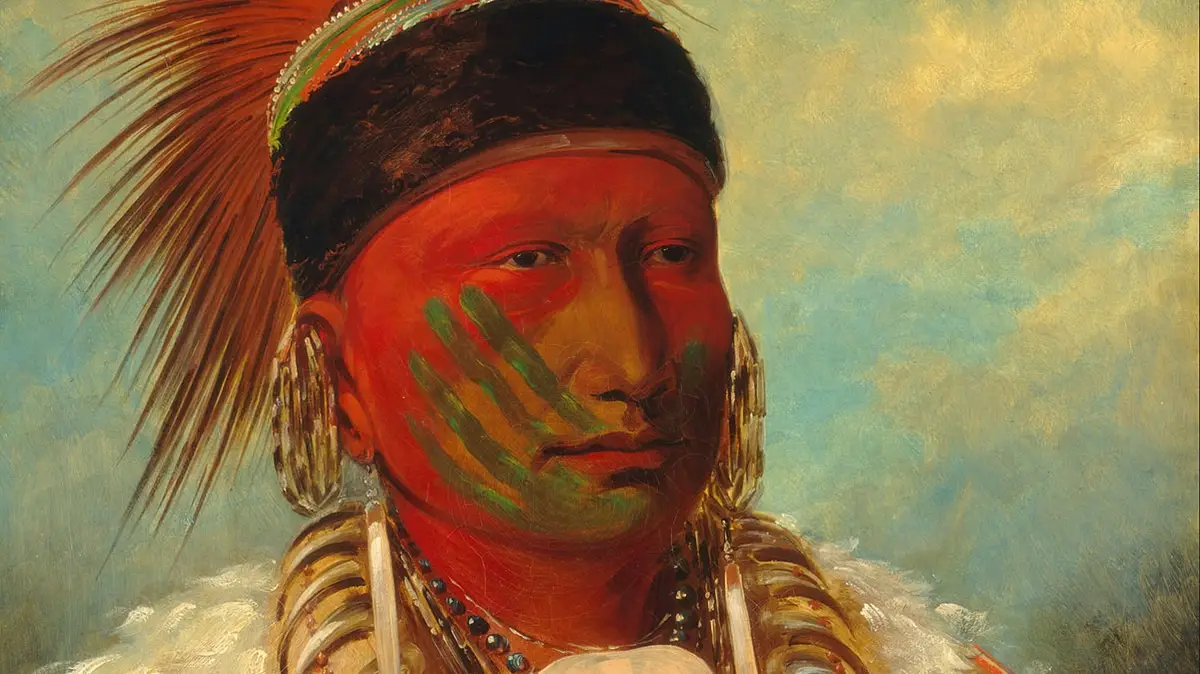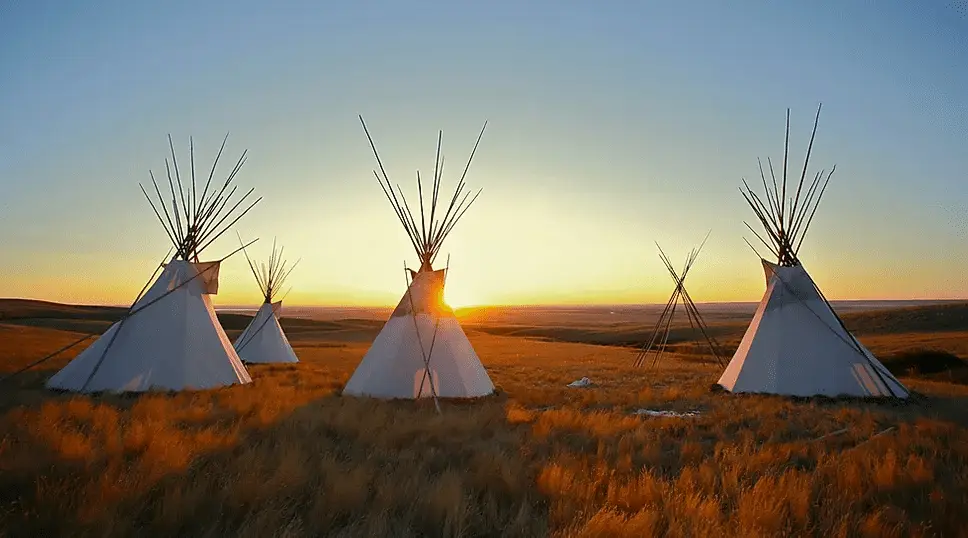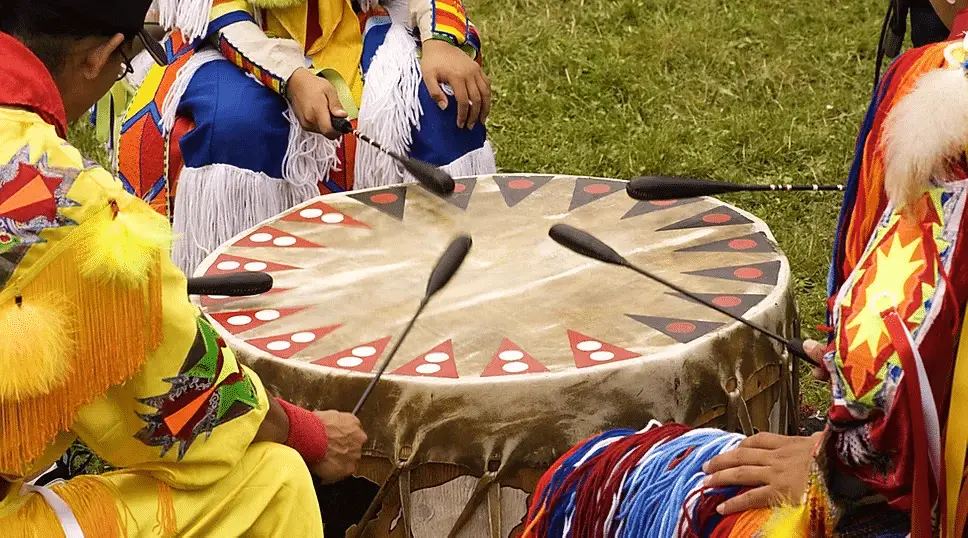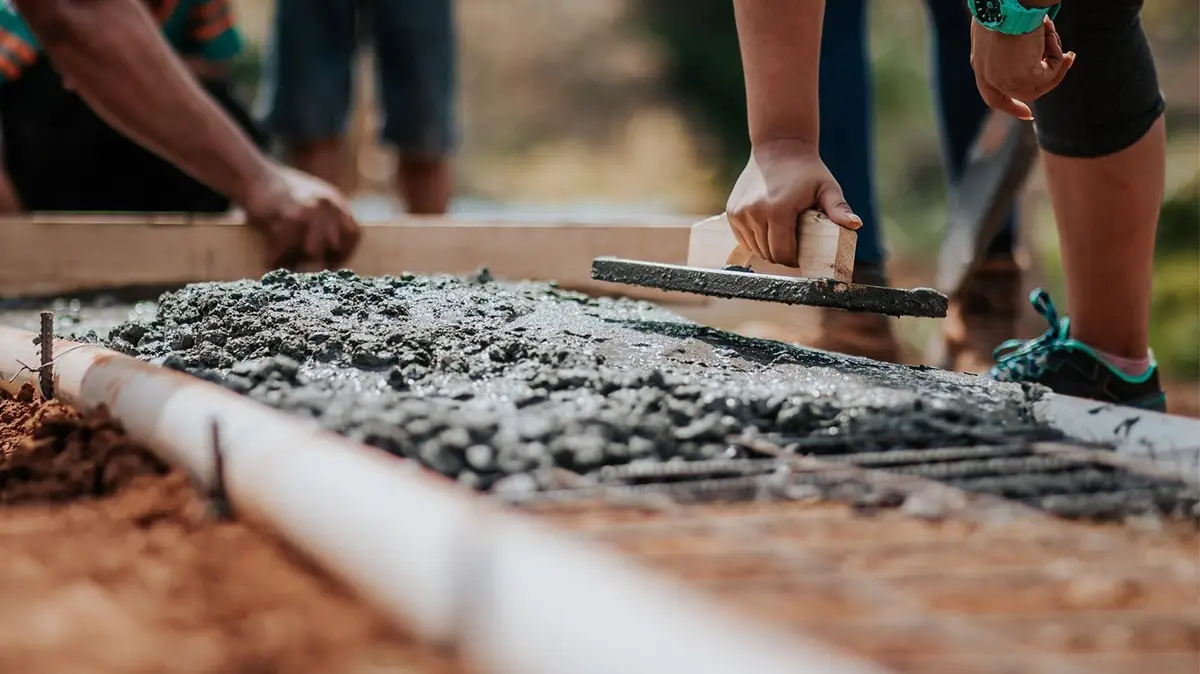Iowa tribe of kansas and nebraska
Cina Akidąwe
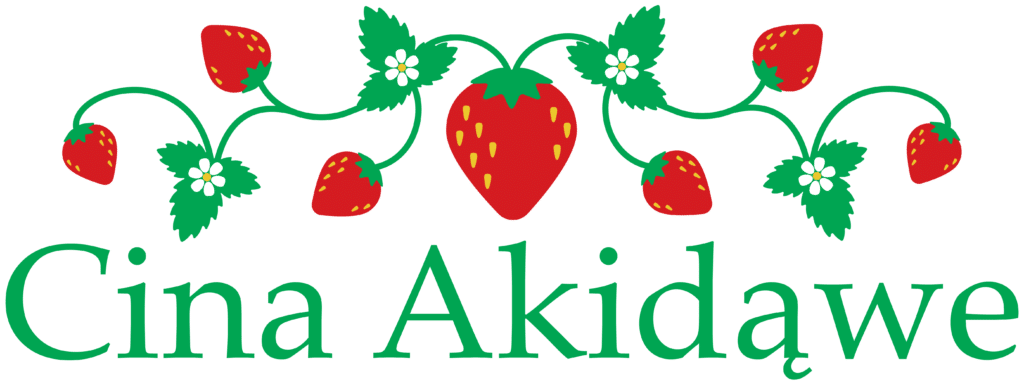
Engage, Educate, and Empower Our People Towards Self-Sufficiency
Regenerating Our Traditional Values
Elder Protection
When the State screening center receives a report of alleged elder abuse/neglect, the screening center contacts the tribal APS Social Worker to investigate the report. Based on the outcome of the investigation, services will be offered to aid in ensuring a safe living environment for the elder. This may involve assisting with obtaining in-home care, assisting with home safety renovations, meals on wheels, establishing guardianship, assistance with transportation, etc.
Independent Living
Geared toward teens that have been or are currently in Foster Care. The program focuses on preparing youth for their future and living independently. Continuing education and job skills training is fundamental to the program.
Foster Care
Foster Care provides an alternative home environment for children whose own home the court system has declared as unsafe. However, reintegration with the parents/custodian is the goal for permanency for the child(ren). When children are in foster care, the Indian Child Welfare Act of 1978 guides placement of the child/children. When reintegration cannot occur, the program aids in attaining permanency through adoption or guardianship with family members or community families. When teens are in foster care, Independent Living services are provided to prepare them for independence and self-sufficiency when they turn 18 years of age. During the reintegration process, the Foster Care Social Worker provides counseling, supervises visits between the children and the parents/custodians, works with the courts in preparing and monitoring reintegration plans and provides referrals for services needed to eliminate problem issues preventing the children from being home with their parent/s.
Social Services
Cina Akidawe Social Services provides supportive services to tribal members and their families in a myriad of areas with the goal of assisting members in becoming self-sufficient. All of the services are based on family needs; however, some are also income based. Emergency Financial assistance is a program of “last resort” is income based and time limited. The purpose of this program is to prevent or end homelessness. If the member qualifies, assistance with housing, utilities, and food are provided. Other services provided through the Social Services program include assistance with tribal enrollment, referrals to community resources based on the needs of the family, school advocacy, transportation, employment assistance and counseling.
Child Protective Services (CPS)
When the State screening center receives a report of alleged child abuse/neglect involving a Native American child(ren) the screening center contacts the tribal CPS Social Worker to do the investigation of the report. Depending on the outcome of the investigation, the case may be closed, Family Preservation Services may be offered, or for cases in which it is unsafe to the child to remain in the home, a petition will be submitted to the court for a temporary out of home placement for the child. If/When children are removed from home and placed in foster care, the Indian Child Welfare Act of 1978 guides placement of the child/children. When removed from home, support services are provided to the family for the purpose of helping to have the child(ren) return to a safe home environment. Services are offered to aid in eliminating the problem placing the children at risk of harm. Some of the services offered include individual and family counseling, play therapy, parenting education, budgeting, drug/alcohol rehabilitative services, stress/anger management, domestic violence prevention, etc.
Family Violence Prevention
Family Violence Prevention works with tribal members whose home situation is physically, verbally, or emotionally abusive. Supportive Services provided may include assisting the person in obtaining a safe living environment through emergency/transitional housing at a shelter, safe house, or hotel. Additional assistance may include help with moving, accessing community resources, individual counseling, play therapy, transportation assistance, financial literacy counseling, housing and utility assistance, and assistance with food.
Peace Program
The PEACE Program is a grant-funded program through the U.S. Department of Justice Office on Violence Against Women. Services focus on issues of domestic violence, dating violence, sexual assault, and stalking. Free services are provided to all Native American tribal members including crisis intervention, legal and medical advocacy, support services, case management, and more. Our service area includes Doniphan, Brown, Holt and Richardson counties. Learn more…
Indian Child Welfare
The Indian Child Welfare Act of 1978 is a complex federal law design to prevent Native American children from being removed from parents and placed in non-Indian environments away from relatives and tribal culture. The Act gives the Tribe authority to intervene in any State court on cases involving tribal children. Monitoring and intervention in foster care cases involving Native American children is the primary activity of the tribal Social Worker. The Social Worker recruits, trains, and licenses Native American foster care parents, on the reservation, to provide Native American foster care homes for the Indian children that enter foster care.
Report Abuse or Neglect
The crisis phone line listed below is not for abuse/neglect reports. For abuse or neglect reports, use the following numbers. Reporters can remain anonymous. The state in which the abused or neglected child or elder victim lives is the state number to call.
- Kansas – Child and Elder Abuse/Neglect Reporting Hotline: 1-800-922-5330
- Nebraska – Child and Elder Abuse/Neglect Reporting Hotline: 1-800-652-1999
- Missouri – Child and Elder Abuse/Neglect Reporting Hotline: 1-800-392-3738
The tribe utilizes the state screening unit to determine if the report meets the criteria for investigation. If it does, the state contacts the tribe.
Resources At-A-Glance
Contact Information
Peggy Libel, LMLP
Social Services Director
3313B Thrasher Rd.
White Cloud, KS 66094
785-595-3260
Crisis Line*: 402-801-0230
*The crisis line is not for reporting abuse/neglect. Phone numbers for reporting abuse and neglect are listed above.
